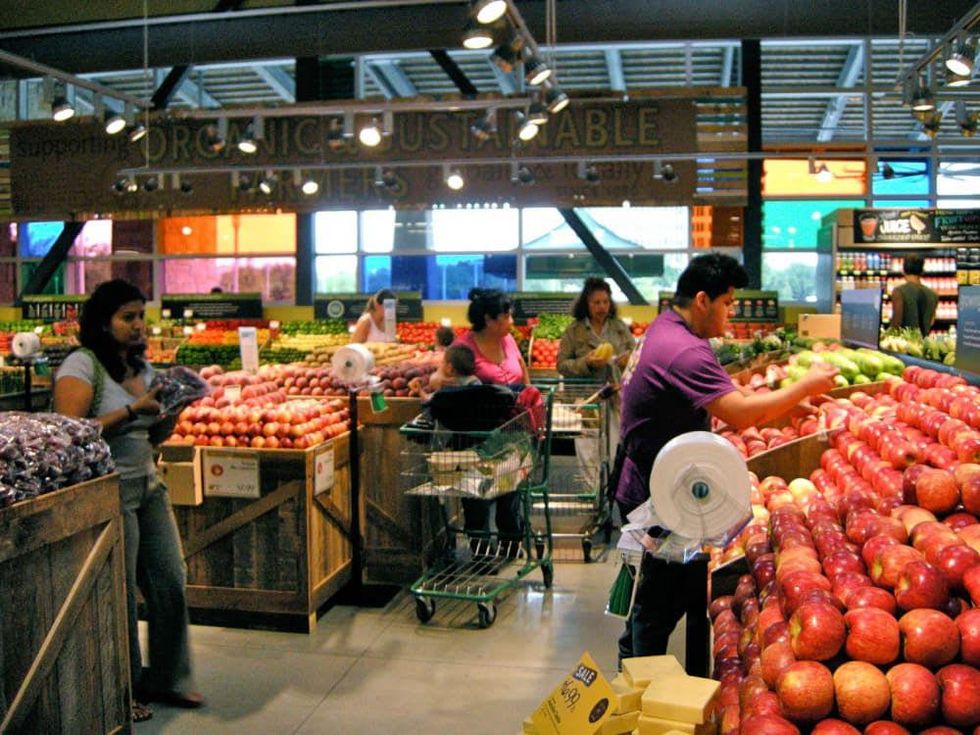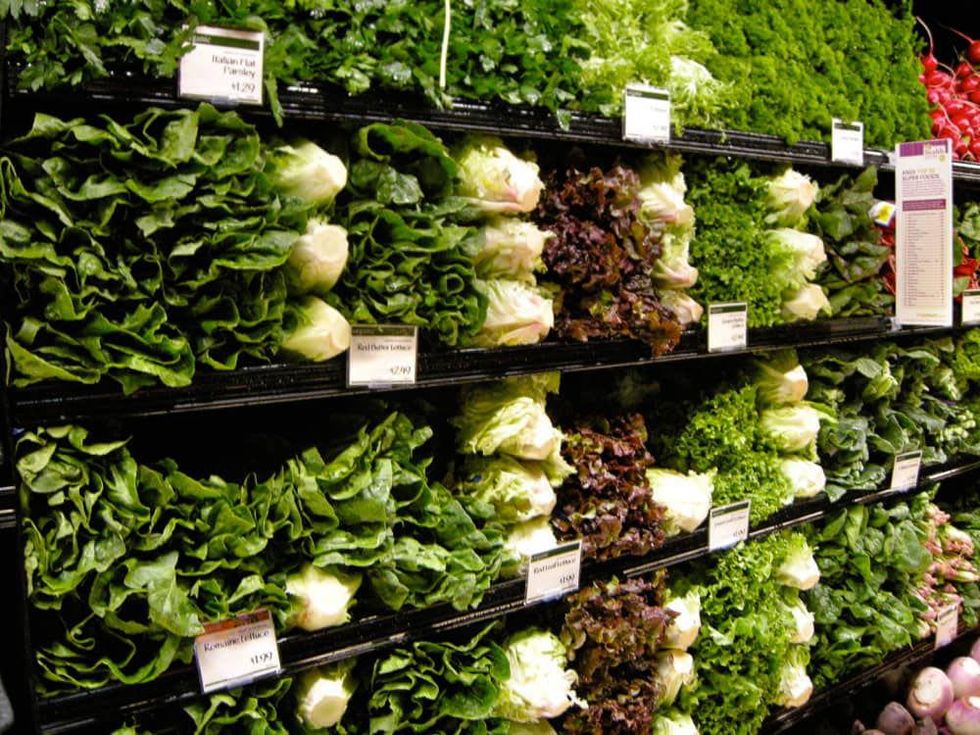No More Frankenfood
Whole Foods to become first grocer to label all genetically modified products
Austin-based Whole Foods Market recently announced plans to label all genetically engineered foods in its stores by 2018. The upscale, earth-loving grocery chain has the most non-genetically engineered products of any retailer in North America — nearly 3,000 different items. But spokesperson Kate Lowery said the move to label genetically modified organisms, or GMOs, came from a decision to be more transparent.
“It’s really about the consumer’s right to know and Whole Foods giving them the information they need to make conscious choices,” Lowery says. “We believe that quality and transparency are inseparable.”
“It’s very complex,” says Whole Foods spokesperson Kate Lowery. “We can’t just say, ‘Let’s get rid of GMOs.’ But we think this is a big step.”
Whole Foods first began labeling non-GMO foods in 2009 as part of the Non-GMO Project that resulted in its 365 Everyday Value brand. The products went through a testing process to ensure none of the components was affected genetically.
Whole Foods decided that it would be a better approach to label those products that were genetically engineered as a way to make customers aware.
“We don’t have a magic wand,” Lowery says. “But we’re going down the supply chain and working with our supply partners. They’re the ones labeling and sourcing, but we want to it in a viable way and in partnership with our vendors.”
The process will take five years, primarily because a lot of products contain soybeans, corn and canola seeds, and 90 percent of those crops are modified.
In fact, last year, Whole Foods, along with Trader Joe’s, refused to carry Monsanto’s genetically modified sweet corn. Walmart took the corn, which isn’t the only version on the market. Sygenta has produced genetically modified corn for a decade.
Other issues include labeling meat from animals that might have consumed GMO grains as well as working with a large base of vendors.
“We have more than 100,000 different suppliers,” Lowery says. “It’s very complex. We can’t just say, ‘Let’s get rid of GMOs.’ But we think this is a big step. We’re putting a stake in the ground and saying that we’re going to do this.”
Despite the work that will go in to the process, Lowery believes that the costs won’t be prohibitive and that the vast majority of their vendors are on board.
“We don’t anticipate that it’ll be extremely costly,” Lowery says. “If you look at what’s been happening with our non-GMO products or the mandatory labeling in Europe, the costs didn’t go up significantly.”
Whole Foods will be announcing key milestones along the way whenever a department fulfills its labeling requirements. Produce, Lowery says, will be among the first, because there are so few items compared to other departments.
Part of the hope is that this announcement will spur conversation within state and federal legislatures to move to mandatory labeling for all retailers. Retailers are currently not required to label which products are genetically modified. Lowery feels that if Whole Foods can prove labeling is viable option, then other companies will follow suit.
“People are looking to avoid GMOs and want to know which products and crops come from GMOs,” she says. “We hope there’s a ripple effect for the consumer’s right to know what’s in the food they purchase for themselves and their families.”


